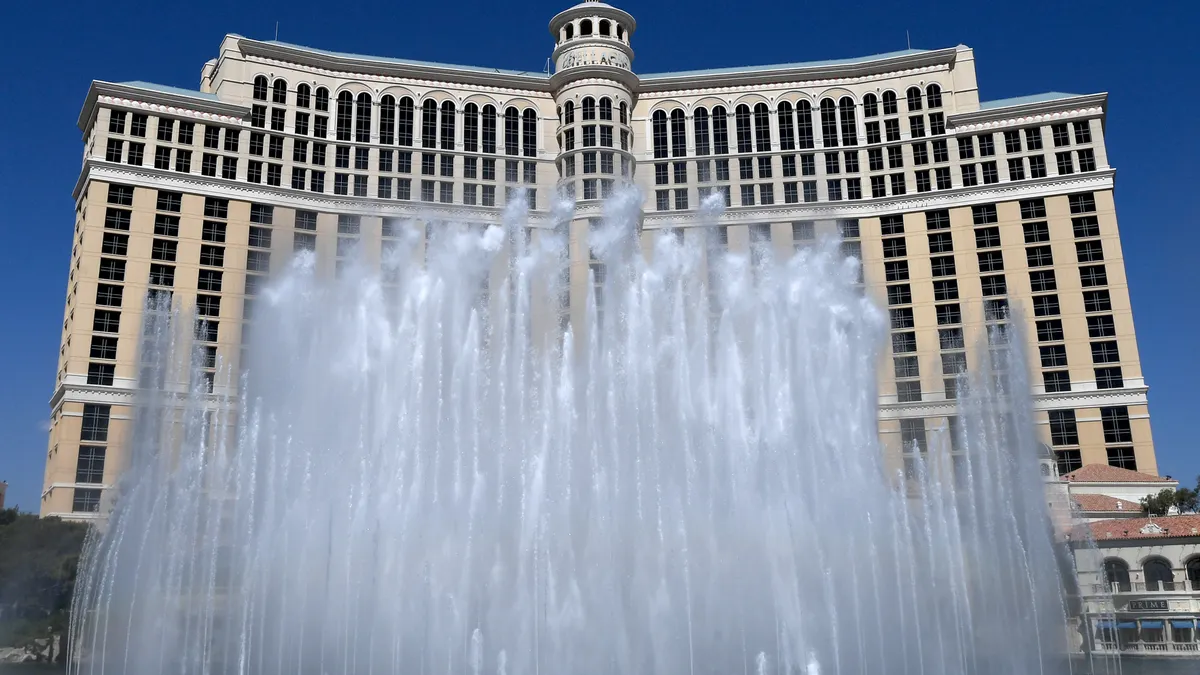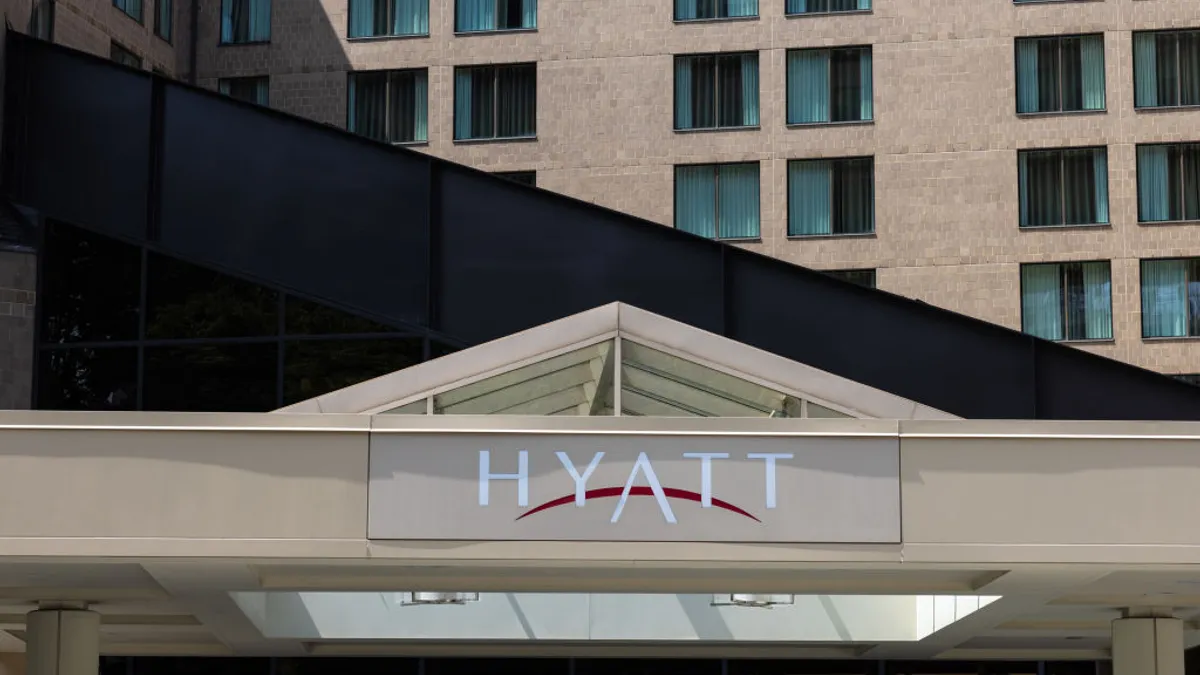Several prominent Las Vegas hotel operators are asking to dismiss a lawsuit filed by tourists alleging that they conspired with a revenue management company to fix room rates.
Defendants MGM Resorts International, Caesars Entertainment, Treasure Island and Wynn Resorts are accused by plaintiffs Richard Gibson and Heriberto Vaniente of working with Rainmaker Group, a revenue management company owned by Cendyn Group, to use pricing algorithms to maximize market-wide prices. The plaintiffs are suing on behalf of a class of people who rented hotel rooms on the Las Vegas Strip from a defendant between Jan. 24, 2019 and Jan. 25 of this year.
In the lawsuit, filed on Jan. 25, the plaintiffs accused the defendants of artificially inflating hotel room rates on the Las Vegas Strip above competitive levels and, in turn, harming consumers.
On Monday, respective counsel for the defendants, including Rainmaker/Cendyn, jointly asked a Nevada judge to dismiss the lawsuit, claiming the plaintiffs “fail to allege virtually any facts regarding that purported conspiracy.”
The defendants’ counsel argue the complaint was unable to identify any individual who entered into the alleged conspiracy as well as state when the conspiracy began — two items necessary to plead an antitrust conspiracy under Ninth Circuit law.
Additionally, the defendants’ counsel claims the plaintiffs did not provide direct or circumstantial evidence to suggest there was an illegal agreement — or even an alleged communication — among the hotel competitors.
MGM filed a separate submission on Monday — stating MGM joins the omnibus motion in full — and also claiming the plaintiffs fail to allege that MGM uses any Rainmaker revenue software at any of the ten hotels in Las Vegas that MGM is alleged to operate.
The hotels in question are Bellagio, Vdara at Aria, Aria, Park MGM, New York-New York, MGM Grand, Excalibur, Luxor, Mandalay Bay and the Four Seasons Hotel.
MGM declined to comment beyond the court filings.










